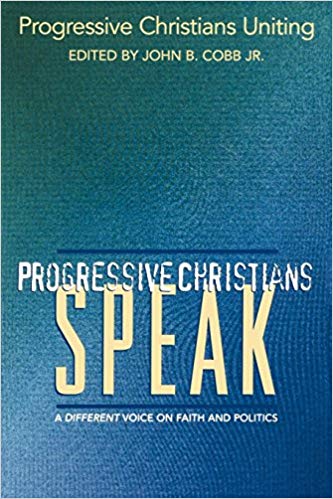
When I was doing bathroom renovations, I hired a plumber to rough in some fixtures, and when he saw how I had framed a wall, he said: “Don’t do it like that; what you should do is … ” Then he stopped short and apologized. He said that they had outlawed the word “should” in his anger management class. It would appear that the word “should” implies that a judgment has been made and the object of the judgment has been found wanting. It would appear that the word “should” signals division and antagonism. It is tempting for us armchair generals, us type A personalities, us obsessive compulsives, to organize the world from afar. But my plumber, who has become acutely conscious of his own bad habits, caught himself in the act of imposing his long view on me, and so he revised his comment; he pointed out how I had framed the wall, then suggested an alternative. Instead of telling me what I should do, he told me the strengths and weaknesses of different methods, then left the decision to me. Understandably, I was happy to have his advice.
It was with astonishment that I encountered mountains of “shoulds” ranged through all the chapters of Progressive Christians Speak: A Different Voice on Faith and Politics, edited by John B. Cobb jr. (Louisville: Westminster John Knox Press, 2003). This is a book published by Progressive Christians Uniting, a California-based group which “promotes activism that is faith motivated.” I would suggest that the unintended theme of this book is John 8:7: don’t throw stones at the fundamentalist whores lest you find that …
The book has 16 chapters each devoted to a distinct social justice issue. These issues fall into two broad categories: 1) domestic concerns such as religion and public schools, abortion, and the penal system; and 2) concerns arising from the global economy such as corporate responsibility, debt relief and environmentalism. The book presents each issue in the same format. First, we read a scenario which relates the issue to the personal concerns of individuals. Second, we read about an issue’s factual background—a brief history, statistics, a summary of legal issues, etc. Third, we are presented with a Christian perspective. Fourth, we read a consolidation of issues and faith-based analysis. Finally, we are presented with a list of suggestions for action.
The book’s strength lies in its presentation of the terrain in which these issues play themselves out. It supplements this with an appendix which surveys the history of the religious right in America along with useful references to source materials.
The book concerns itself primarily with ethics and not with faith. It concerns itself with activism, changing the world. Unfortunately, it offers its prescriptions for action without support. Consider its prescriptions for penal reform: “The young and first-time offenders should not be housed with hardened criminals. Continuing relations with family members and others who support constructive lifestyles should be encouraged. There should be more chaplains … There should be better medical diagnosis and treatment. Mental illness should be recognized .. ” (italics added). And so the “shoulds” continue. But the authors give us little justification for preferring their “shoulds” to those prescribed by the religious right.
The book offers only one foundation for its ethic: sola scriptura. Its latent Lutheranism, although revolutionary in its day, hardly strikes us now as forward-thinking. Reliance upon scripture is precisely the tack which the religious right takes. There is nothing to guide the reader in distinguishing the preferred passages of the progressives from those of the religious right. Without a principled foundation for its call to action, I can do no worse with a coin toss when choosing between opposing courses of conduct. The book opens with a statement of faith, and this might be used as an alternative foundation, but, like all statements of faith, it merely summarizes and consolidates; it offers no insight as to the faith journey or the reasoning that has preceded the statement.
The book left me cold. In the final presentation, the historical survey of the religious right, the account is restricted to a recital of conservative organizations and their record of support in the American political arena, concluding with an assessment of the actual effectiveness of the religious right as a political force. When I had finished, I wondered if the authors had missed the point of their own effort. Where was the faith? I wondered. Where was the substance? I realized, for the first time, that the word “progressive” has become, in the span of its short life, a word as fractious as any other in religious debate. Like the word “Christian,” which many Christians now reject because of its association with the religious right, the word “progressive” has come to connote many different notions of how religion ought to be done. To Progressive Christians Uniting, the word “progressive” is tied to a notion of social justice which needs little grounding in faith-based discourse. But as I have encountered it (and this was my orientation as I began to read), the word “progressive” speaks first to a re–evaluation of the discourse. This in no way denigrates social justice concerns, but it does have the advantage of more rigorously grounding such concerns.